
Natural ventilation, trombe wall systems and their potential for sustainability
The article highlights the significance of trombe wall systems as effective passive ventilation solutions in modular homes, emphasising their role in energy efficiency and sustainability while identifying optimal parameters for performance and the need for further research on design factors.
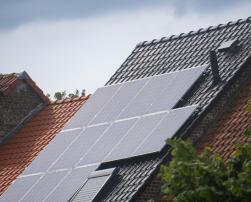
Zero-energy buildings: the critical role of advanced PV technology
This analysis on zero-energy buildings (ZEBs) highlights the critical role of advanced photovoltaic technologies and cooling techniques, revealing that while most designs achieved ZEB status, buildings in Munich and Stockholm required additional building-integrated photovoltaics (BIPVs), with externally finned PVs demonstrating the highest efficiency in warmer climates.

Background data collection for future EU end-of-waste criteria of Construction and Demolition Waste
The study highlights strong stakeholder support for EU-wide End-of-Waste criteria for construction and demolition waste, emphasising the potential environmental and economic benefits while suggesting alignment with existing national standards.

Enhancing efficiency and reliability in district heating systems: the role of heat pumps and thermal storage in Helsingborg's energy centre
The report outlines how integrating heat pumps and thermal storage in district heating systems enhances efficiency and reliability, while also detailing the Energy Centre in Helsingborg's design and operational principles for meeting domestic hot water and space heating demands.
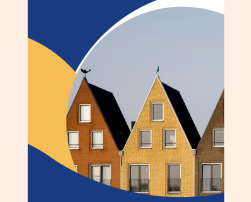
How can renewable energy be inclusive?
A briefing from the European Environmental Bureau (EEB) explains that increasing renewable energy can benefit vulnerable households by extending support to those in rented or multi-home buildings, helping them save on energy costs and reduce fossil fuel reliance, with additional funding to mitigate carbon pricing impacts.
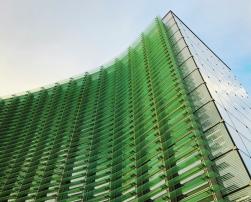
Façade design for a greener urban environment
This study reviews how façade design—through materials, geometry, and vegetation—can address urban heat, pollution, and biodiversity loss, highlighting benefits and trade-offs while identifying research gaps.
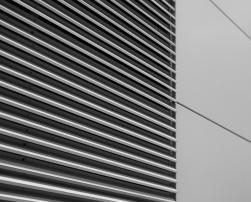
Barriers to green space heating & cooling and how to overcome them
The paper highlights that green heating and cooling technologies, despite their benefits, are underused in Europe due to barriers such as dependence on fossil fuels and insufficient expertise; however, targeted policies and innovations could enhance their adoption and contribute to achieving climate goals.
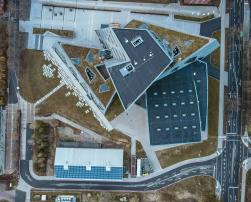
Expanding the concept of users in energy communities: impact of including businesses and industry
This paper shows that including businesses and industrial users in renewable energy communities can greatly improve energy sharing and self-sufficiency for residential members.
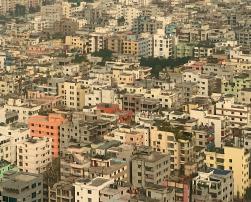
Industrialised construction: the future for a growing population?
Given the challenge of housing over 8 billion people sustainably, the study finds that industrialised methods, particularly the MDR modular system, offer better economic and environmental benefits than traditional construction.

Is net-zero embodied carbon a reality?
Embodied carbon significantly affects building-related emissions. This research assesses whether 'net-zero embodied carbon' is feasible for multi-storey office buildings in Australia.